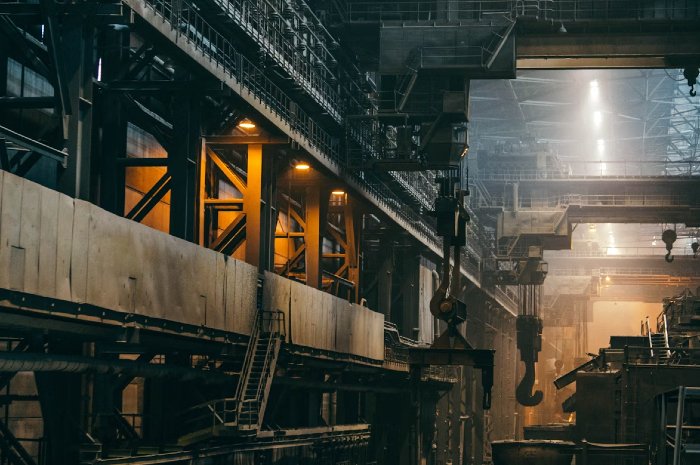India has made the decision not to levy countervailing duty (CVD) on specific steel products imported from China, despite recommendations from trade officials and pressure from local steel manufacturers.
The ministry will reject the Directorate General of Trade Remedies’ (DGTR) proposal to impose an 18.95% CVD on certain flat-rolled steel products imported from China for a five-year period.
The motive behind the finance ministry’s decision is to safeguard steel-consuming companies from increased costs, even though it may negatively impact local steel manufacturers.
While implementing CVD would protect manufacturers, it would ultimately lead to higher expenses for users. Thus, striking a balance between the interests of both users and manufacturers is necessary.
CVDs are additional taxes imposed on imported goods or products that receive subsidies in their country of origin, thereby causing harm to industries in the importing country.
In accordance with World Trade Organization regulations, member countries have the authority to impose anti-subsidy duties when a product benefits from government subsidies in its trading partner’s country.
India had previously lifted CVDs on such Chinese products in February of the previous year. However, as per the DGTR report, over 170 Indian steel companies, including Jindal Stainless Ltd and Steel Authority of India, have supported a petition to reintroduce CVDs for another five-year duration.
In April, the DGTR, responsible for investigating unfair trade practices in India, recommended the implementation of CVDs on specific stainless steel flat products.
Despite Chinese steel purchases reaching a six-year peak during the April-May period, with imports surging by 62%, the finance ministry rejected the DGTR’s recommendation.
The official stated that enforcing CVDs would adversely impact small and medium-sized companies that consume steel while benefiting a few large conglomerates, especially during a time of rapid yet uneven economic recovery in India.
This decision is expected to further bolster Chinese steel shipments, coinciding with projections that Asia’s largest economy will export the highest volume of steel this year since 2016. China already benefits from a weakening yuan and competitive pricing, particularly amidst weak domestic demand.







